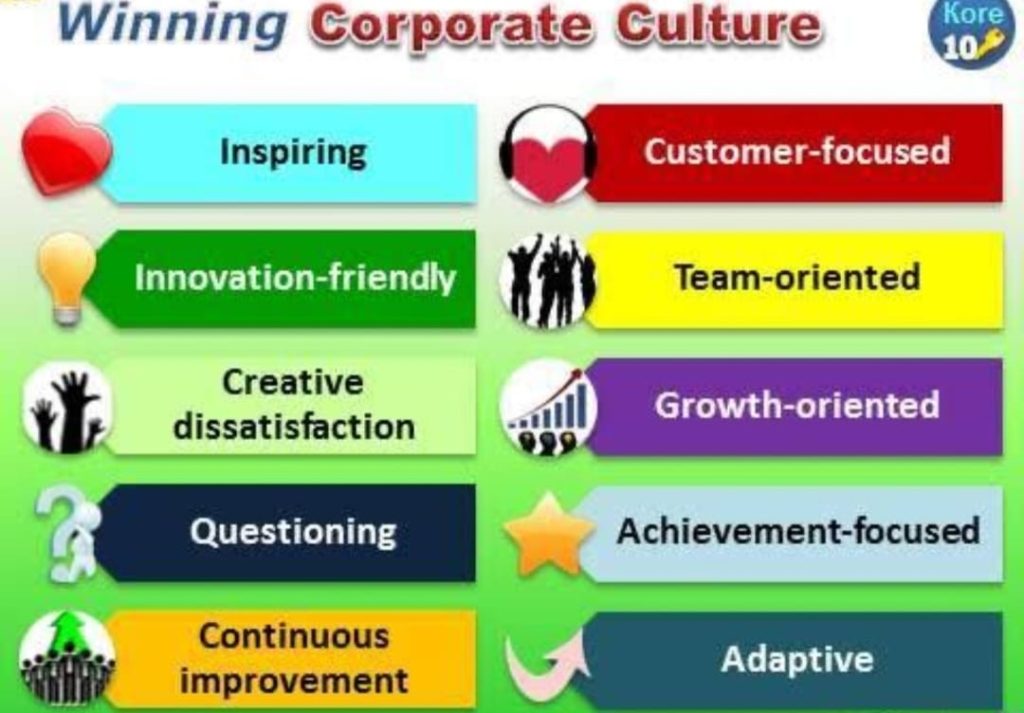Team building is a crucial aspect of effective leadership for several reasons. Below, I outline the importance of team building in leadership, the qualities of a good team, and strategies for leaders to build dynamic teams.

Importance of Team Building in Leadership
Enhanced Collaboration: Effective teams foster an environment where collaboration thrives. Leaders who prioritize team building can enhance communication and cooperation among team members, leading to improved problem-solving and innovation.
Increased Trust and Morale: Team building exercises help build trust and camaraderie among team members. When individuals feel connected and valued, their morale improves, leading to higher productivity and job satisfaction.
Diversity of Skills and Perspectives: A well-built team brings together individuals with diverse skills, backgrounds, and experiences. Leaders who recognize and promote this diversity can better leverage the unique contributions of each team member.
Conflict Resolution: Strong teams are better equipped to handle conflicts constructively. Leaders who focus on team dynamics can create an environment where differences are seen as opportunities for growth rather than obstacles.
Alignment with Goals: Team building ensures that all team members are aligned with the organization’s goals and objectives. When individuals work together toward a common purpose, their efforts become more coordinated and effective.
Increased Accountability: Team members holding one another accountable contributes to a culture of responsibility. Leaders can encourage this accountability by emphasizing the importance of teamwork and collective success.

Qualities of a Good Team
Clear Communication: Open, honest, and respectful communication is essential for a team to function well. Members should feel comfortable expressing their thoughts and ideas.
Shared Goals: A good team has a common purpose and vision, with clearly defined objectives that all members are committed to achieving.
Mutual Respect: Team members should value and respect each other’s unique contributions, fostering a positive and inclusive environment.
Diversity: A mix of skills, experiences, and perspectives enhances creativity and problem-solving abilities within the team.
Adaptability: Good teams are flexible and can adjust to changing circumstances and challenges, demonstrating resilience and resourcefulness.
Trust: Strong interpersonal relationships based on trust allow team members to rely on each other and take risks without fear of judgment or conflict.
Effective Leadership: A clear leader who guides the team, provides support, and facilitates decision-making contributes to the overall success of the team.

Strategies for Leaders to Build Dynamic Teams
Foster Open Communication: Create an environment where team members feel safe to express their ideas and concerns. Regular check-ins, feedback sessions, and open-door policies promote a culture of communication.
Set Clear Goals: Define specific, measurable, achievable, relevant, and time-bound (SMART) goals for the team. Ensure that every team member understands their role in achieving these objectives.
Encourage Collaboration: Promote collaboration through team-building activities and collaborative projects. Encourage team members to work together and leverage each other’s strengths.
Provide Resources and Support: Equip the team with the necessary tools, resources, and training they need to succeed. This demonstrates investment in their professional development.
Celebrate Achievements: Recognize and celebrate both individual and team accomplishments. Acknowledgment of success boosts morale and motivates continued effort.
Invest in Professional Development: Encourage continuous learning and provide opportunities for skill development. This investment helps members grow and enhances the overall capability of the team.
Build Trust through Transparency: Be transparent in decision-making processes and share relevant information with the team. This encourages trust and ensures that everyone is invested in the team’s success.
Create a Positive Culture: Establish a culture that promotes inclusivity, diversity, and psychological safety. Make it clear that every team member’s input is valued.
Facilitate Conflict Resolution: Be proactive in addressing conflicts that arise. Equip team members with conflict-resolution skills and guide them in resolving disputes constructively.
emphasizing team building, leaders can create cohesive, dynamic teams that drive organizational success and foster a productive, inclusive work culture.
https://nimblefoundation.org/
https://www.linkedin.com/in/satish-kakri-17224417/
https://nimblefoundation.org/feedback.html
Thanks for reading.








